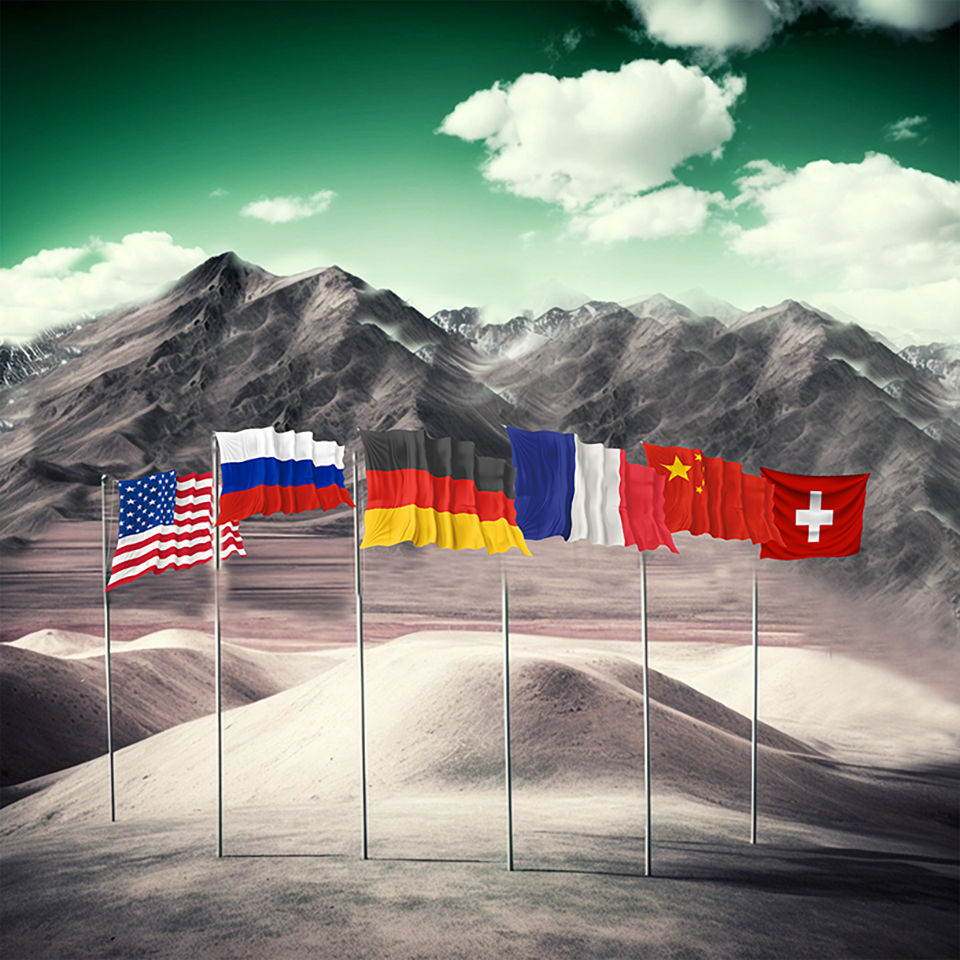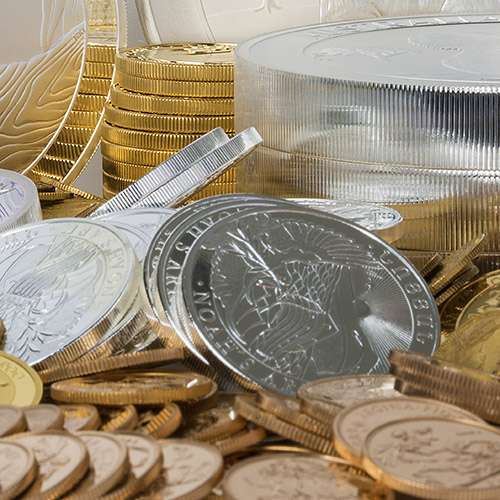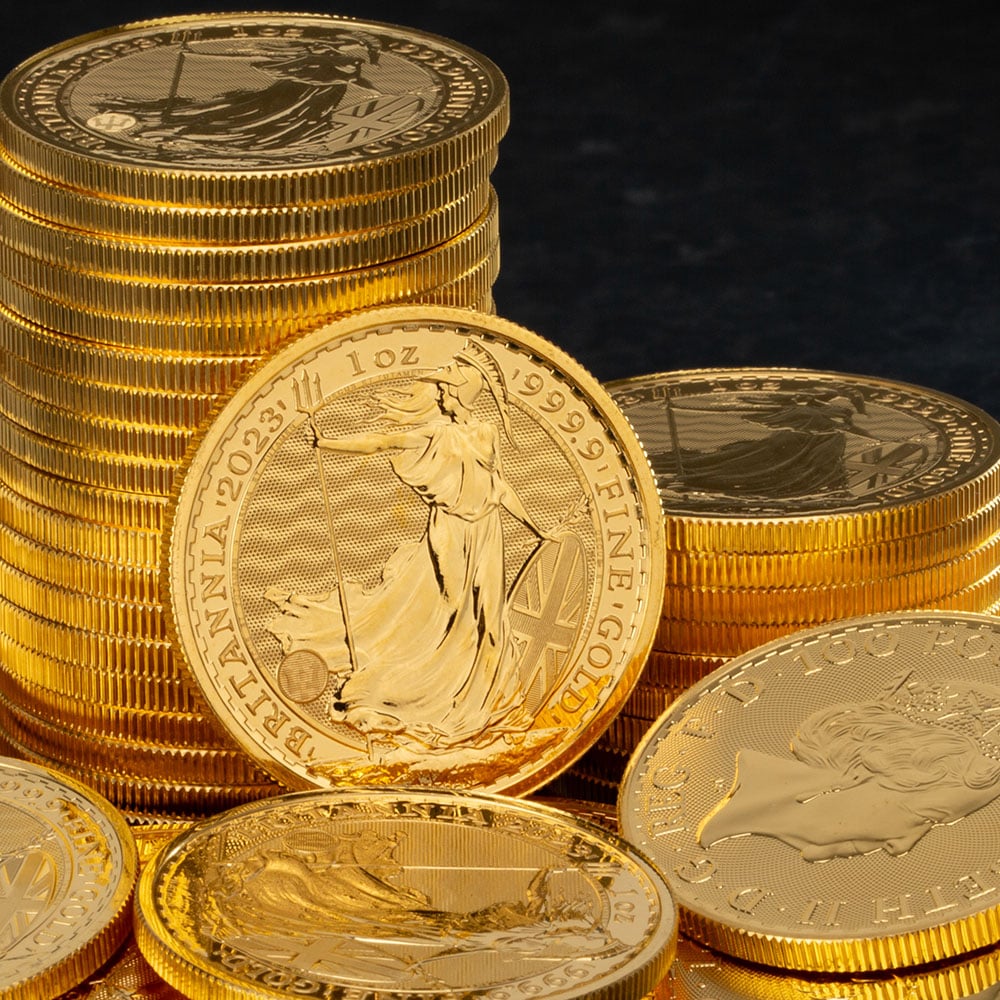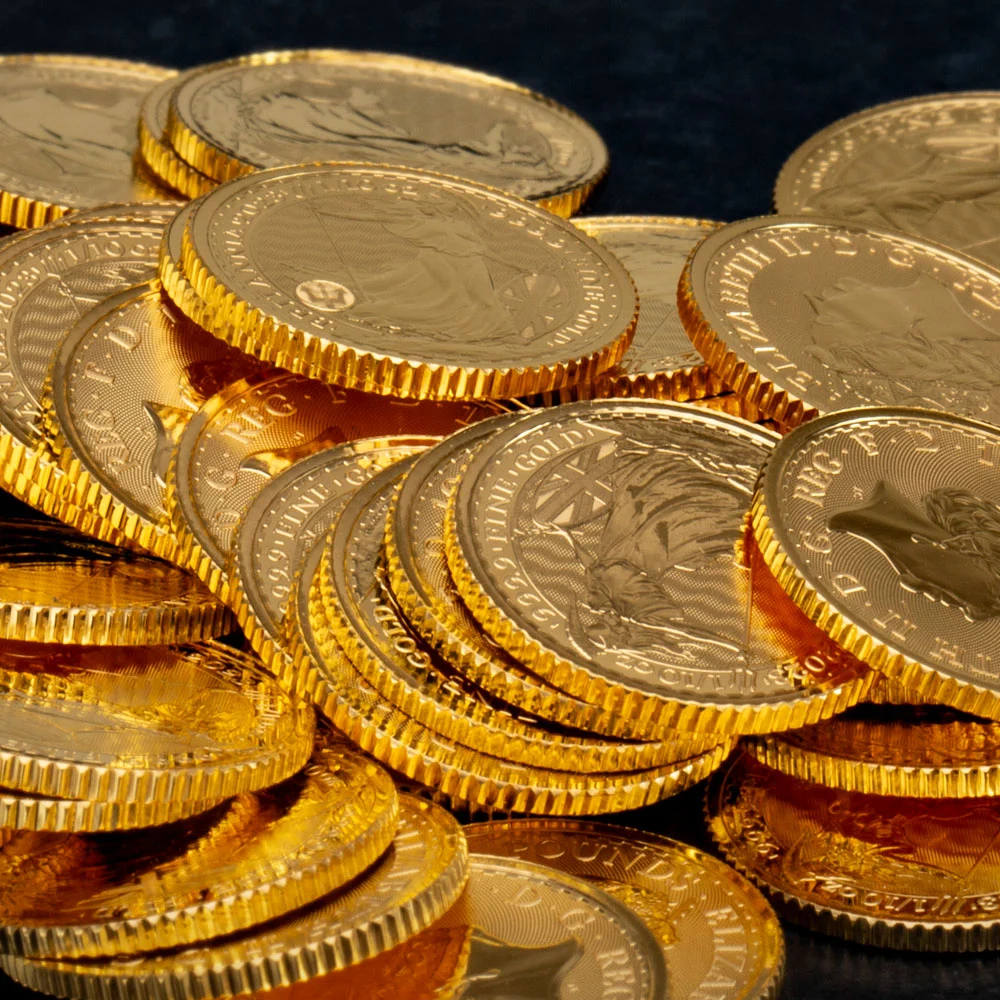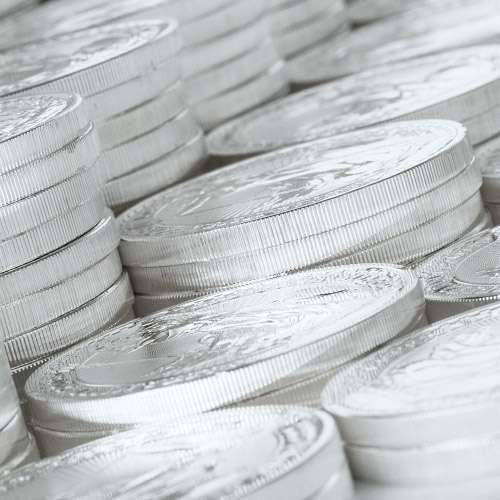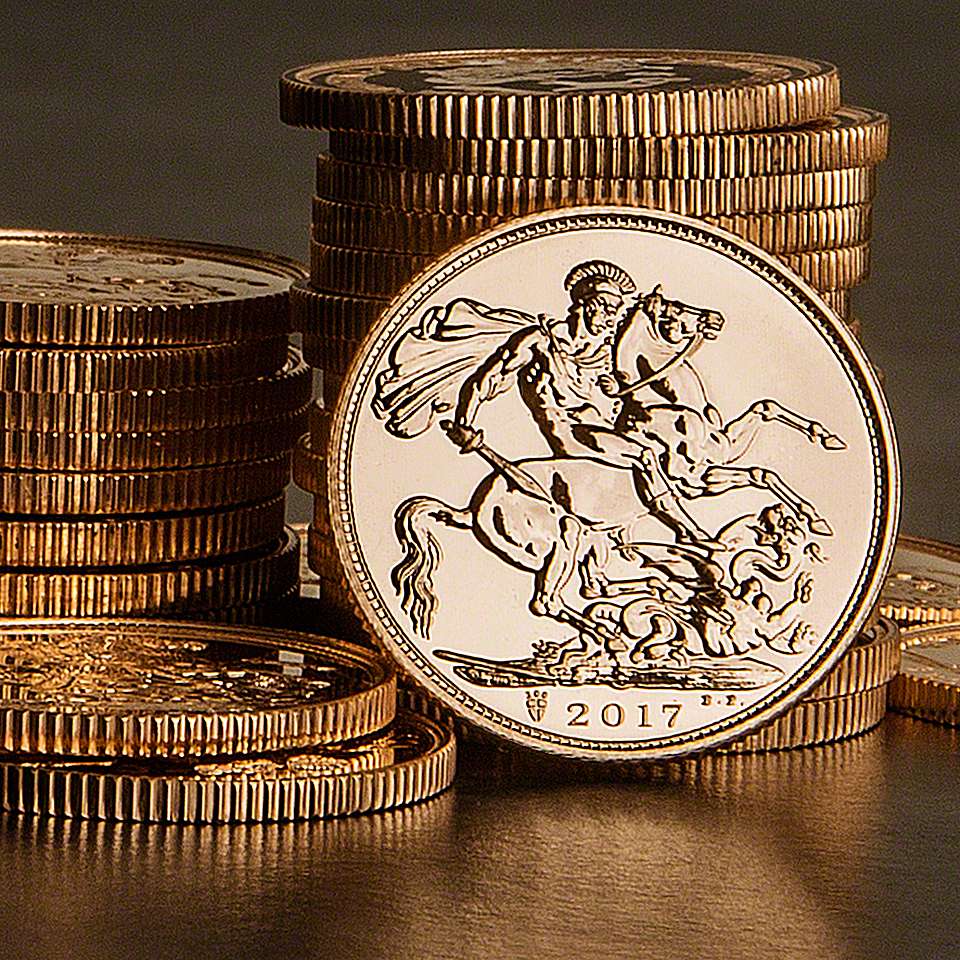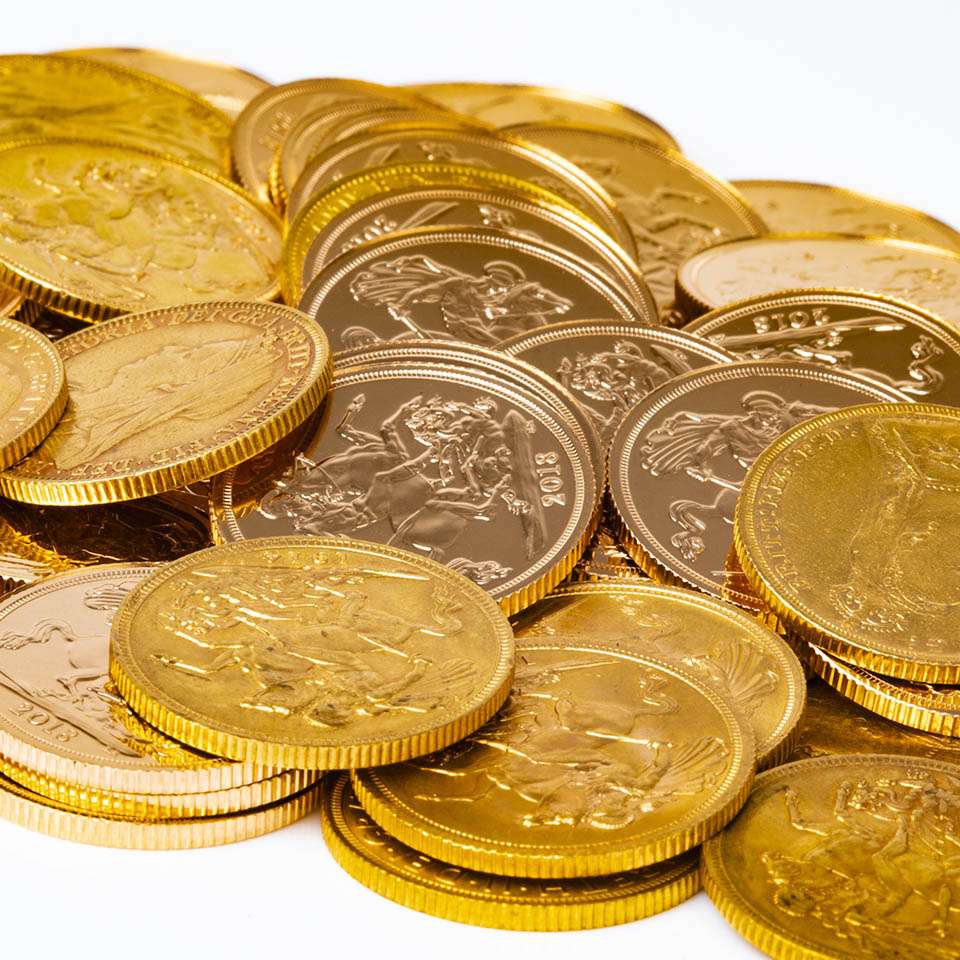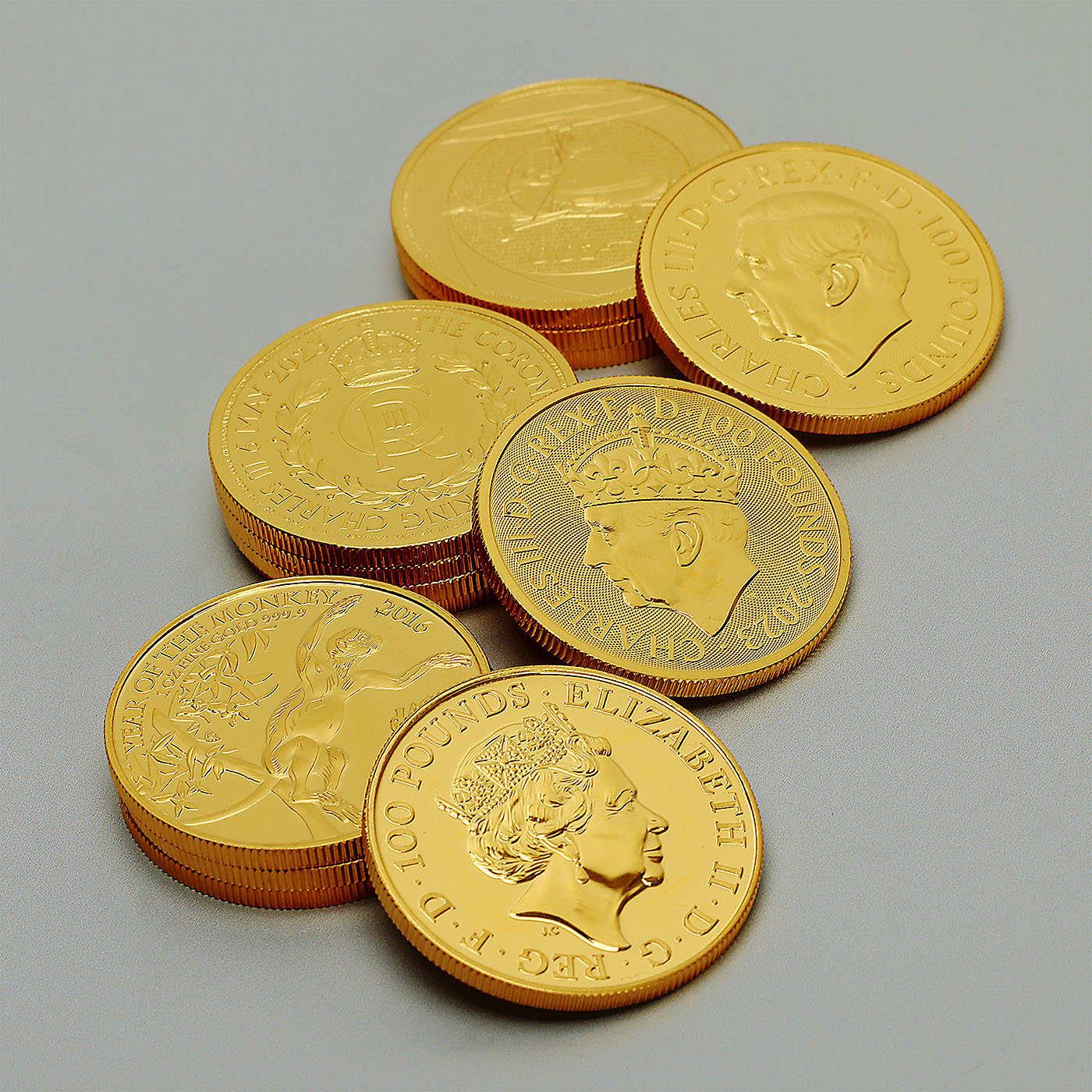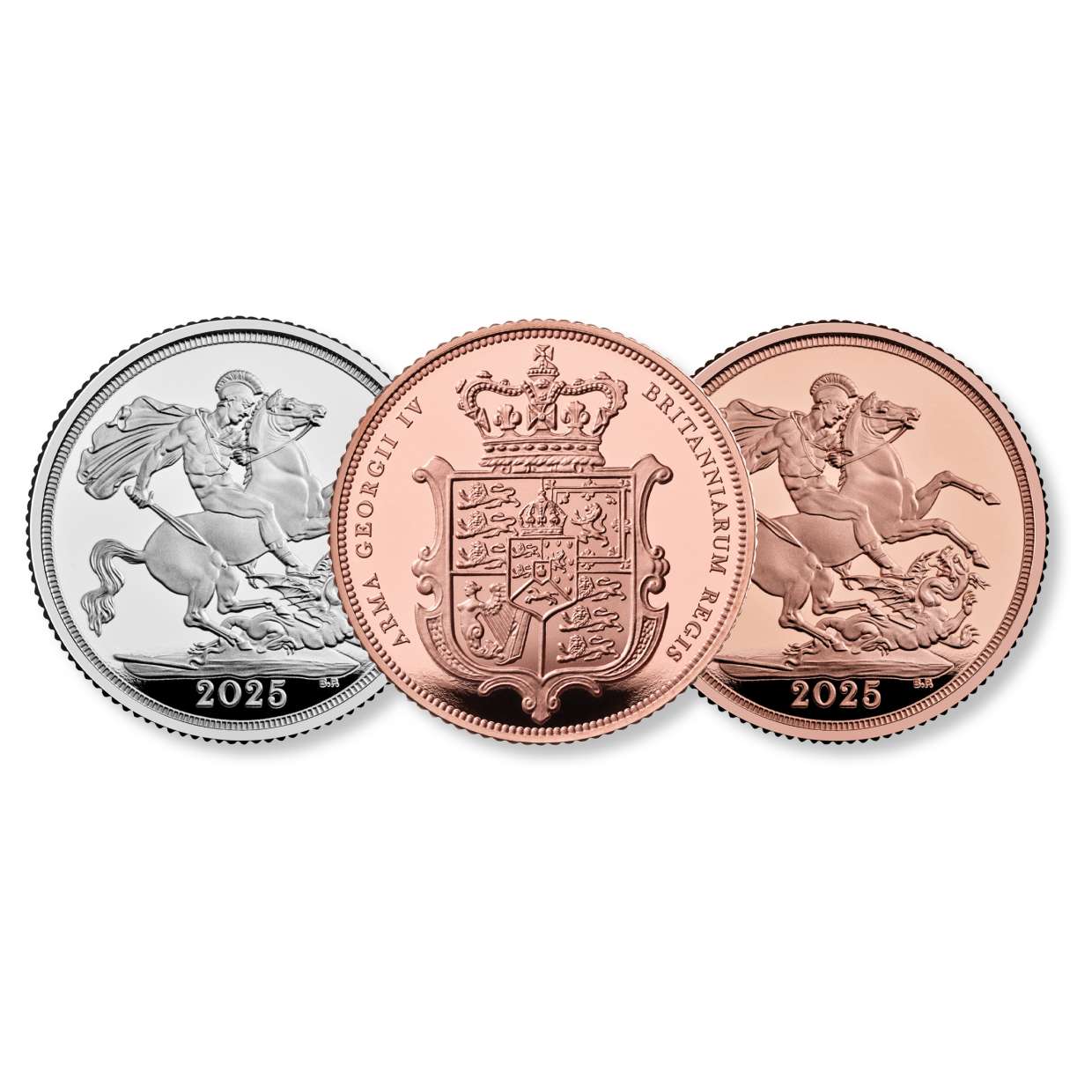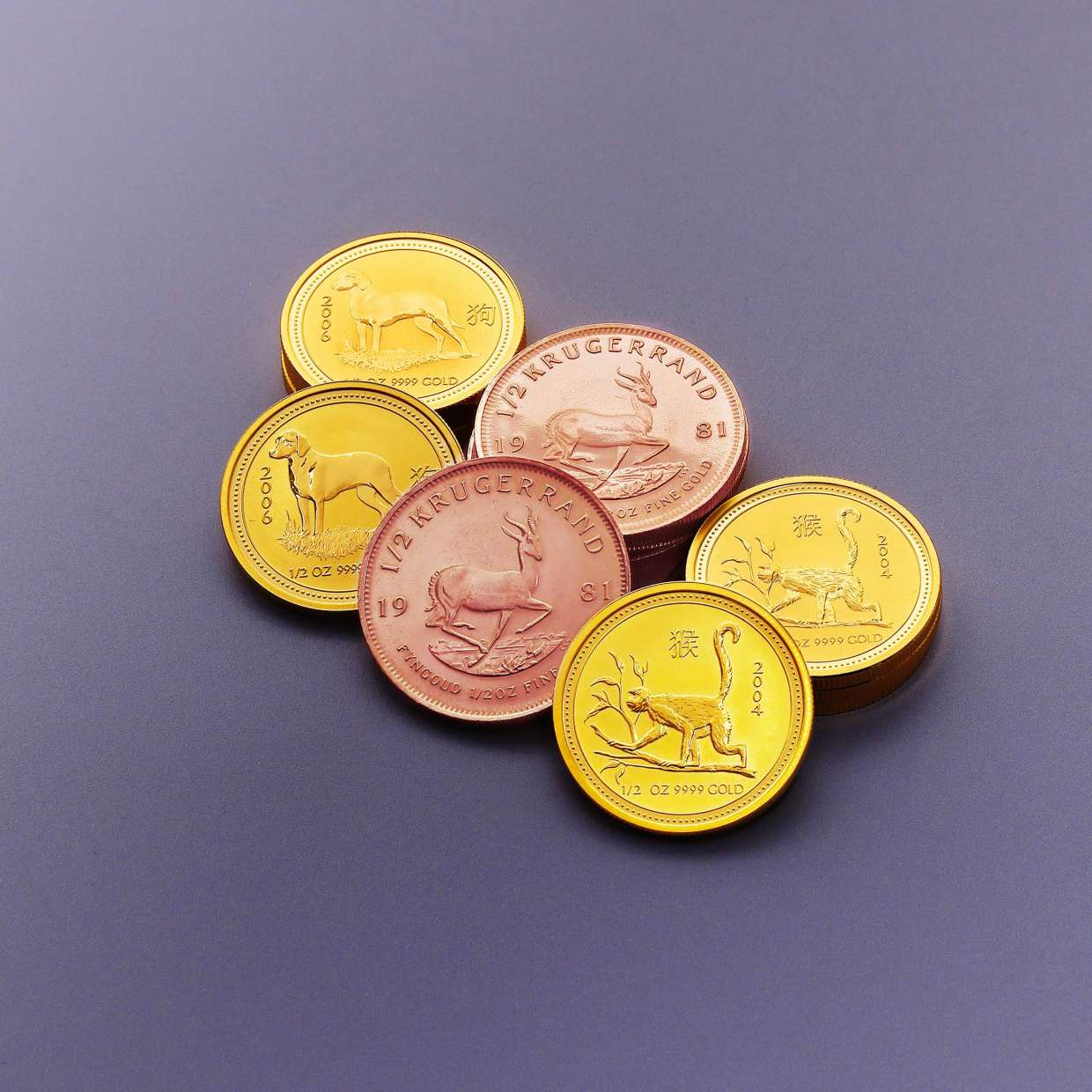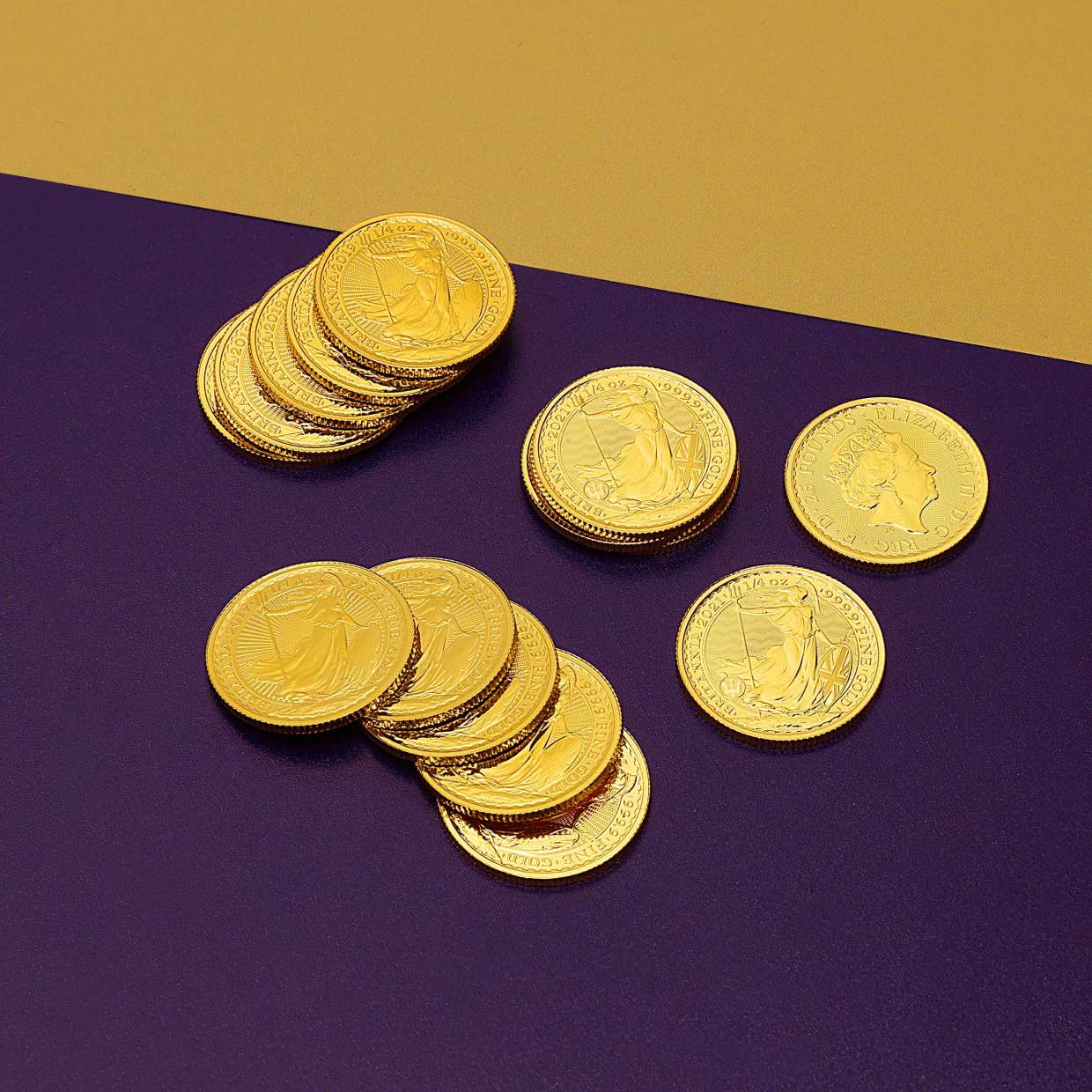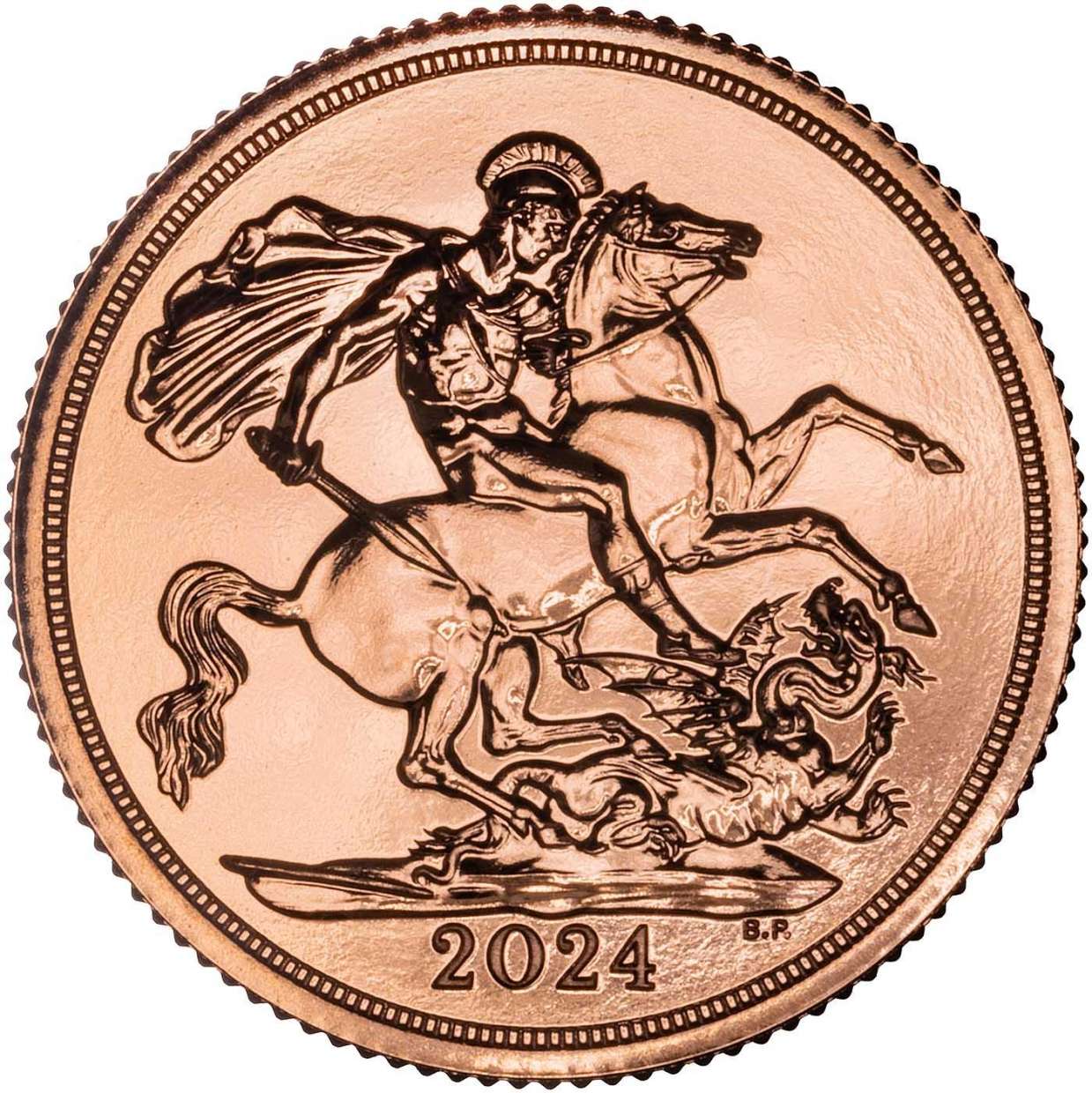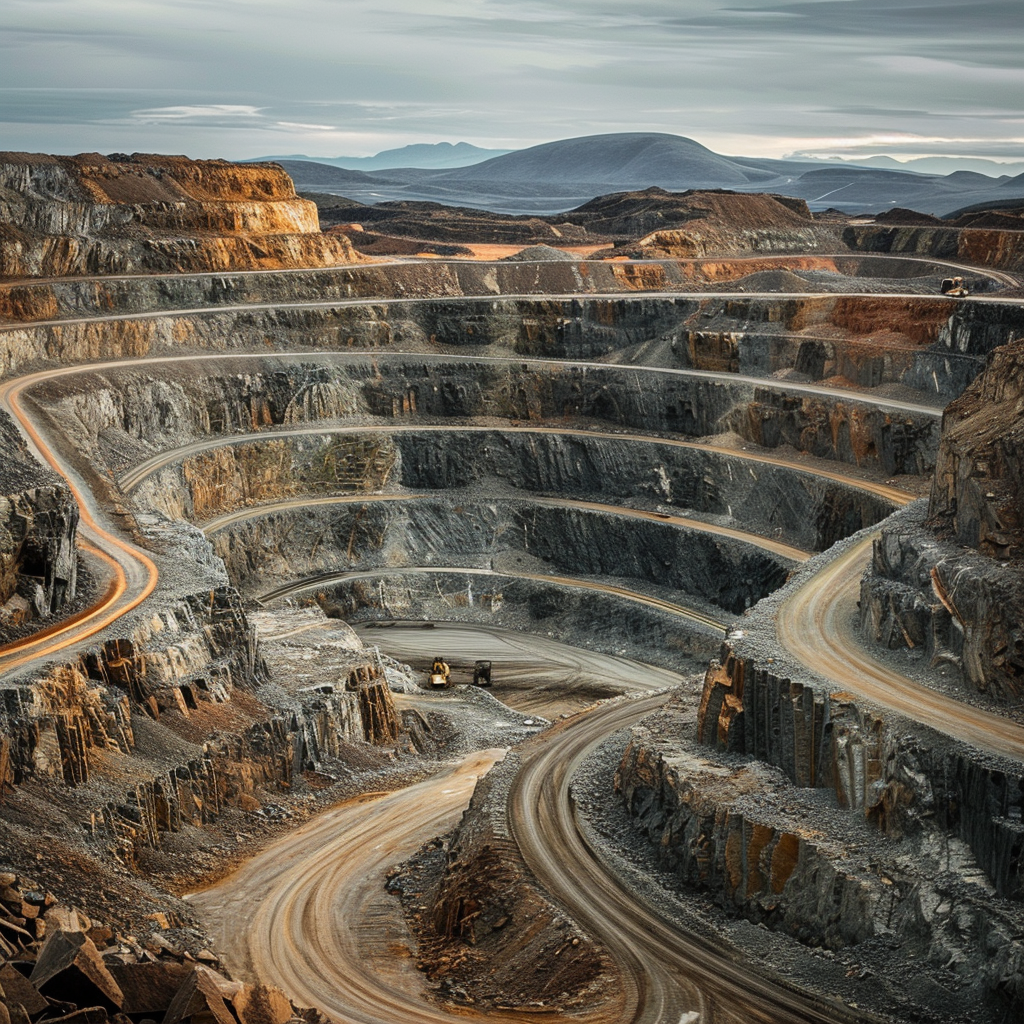The Top 7 Countries with the Most Gold Reserves
Synopsis
Gold reserves are a subject of interest among nations and investors alike, with US holding the largest, followed by Germany, Italy, France, Russia and China. Concerns have been raised about the authenticity of US gold reserves, Germany's gold is transparent, Italy's is stable, France sold off 500 tonnes, Russia has been increasing its reserves, China's reserves data is limited and Switzerland is known for its financial expertise and neutrality.
The Nations With the Largest Gold Reserves
The acquisition and retention of gold reserves have long been a subject of interest among nations and investors alike. As a tangible asset with intrinsic value, gold has traditionally been viewed as a safe haven in times of economic uncertainty, and as such, many countries have made efforts to bolster their reserves. In this article, we will take a closer look at the nations with the largest gold reserves and examine some of the factors that have contributed to their accumulation.
1) United States of America
As the global leader in gold reserves, the United States of America boasts a staggering 8,133.53 tonnes of the precious metal. However, concerns and criticisms have been raised regarding the authenticity of the bullion held in both New York and Fort Knox. Rules introduced in 1974 were supposed to mean a one-time check of all America's bullion, but gold has been found to have been accessed and potentially tampered with since that inspection. Additionally, there are suspicions that America's reserve total also includes other nations' national gold reserves, which were held in safekeeping in the US during times of civil or national conflict. Furthermore, experts believe that much of the US gold reserves are not of fine quality, and that if they were melted down and remade into 24-carat bars, the total holding would significantly decrease.
2) Germany
In second place, Germany holds 3,359.14 tonnes of gold. The country's gold is held in three locations: the Deutsche Bundesbank headquarters in Frankfurt's banking district, New York's Federal Reserve Bank, and the Bank of England vaults in London. Due to the Cold War, most of Germany's gold was evacuated to allied nations. In 2013, the Bundesbank declared its intention to repatriate a little over 40% of the country's gold, which was held by the United States and France. Despite opposition from the US, Germany received all of its gold ahead of schedule in 2016. Germany's information on their holdings is probably the most transparent in the world, as the Deutsche Bundesbank pursues this as a deliberate policy in order to breed confidence for investors and the wider public.
3) Italy
Italy's gold reserves are among the most stable in the world, a testament to their enduring value as a safe haven for wealth. Despite the country's ongoing economic challenges, its gold holdings have remained untouched for over two decades, standing at approximately 2,452 tonnes. As a former hub of European trade, Italy's reserves reflect its rich history and enduring economic significance.
4) France
France, previously in third place, sold off 500 tonnes of gold in 2004 to raise funds to invest in currencies and bonds. The sale, ordered by then-Economy Minister Nicolas Sarkozy, reduced France's gold reserves by 20%. The gold is held at the Banque de France headquarters in Paris, known as La Souterraine, a secure underground vault for French national reserves and gold owned by the IMF.
5) Russia
Russia has aggressively increased its gold reserves over the last 12 years, leapfrogging China into fifth place in 2019. This push for gold is driven by a desire to counteract the impact of a weak rouble and international sanctions on the nation's economy, as well as a desire to reduce dependence on the US dollar as the chief international reserve currency.
6) China
As one of the world's leading economic powers, China has recently begun to shift its focus towards increasing the percentage of its reserves held in gold. In the past, the country had a policy of mining and selling gold, using the proceeds to reinvest in its economy. However, as China's economy has grown to rival that of major Western nations, the country has placed greater emphasis on building its gold reserves. Despite this shift in policy, information regarding China's gold reserves remains somewhat limited. The People's Bank of China has only disclosed information on four occasions between 2000 and 2015, but since November of 2019, the country has issued monthly updates on its additions to the reserve total. However, there is some doubt as to the accuracy of these reports.
7) Switzerland
Switzerland, renowned as a nation of banking, tax exemptions, and geopolitical neutrality, holds a notable amount of gold in its reserves. The majority of the country's bullion is held at the Swiss National Bank in Bern (70%), but for safekeeping, it also keeps 20% with the Bank of England and 10% with the Bank of Canada. Despite rumours of Switzerland having taken Nazi gold at the end of WWII, the country maintains a strong reputation for financial expertise and facilitating international trade. As of 2022, Switzerland has not yet added to its gold reserves.
Countries Continue To Maintain Gold Reserves
Overall, gold remains a valuable and sought-after asset for countries around the world, not just for economic stability, but also for strategic and geopolitical purposes. As long as gold remains a valuable commodity, nations will continue to hold and manage their reserves in different ways and for different reasons, making it an interesting area of study and analysis. It is crucial to note that with the world economy and global relations constantly evolving, these countries' reserve policies and gold reserve levels may change over time.
Related Articles
This guide and its content is copyright of Chard (1964) Ltd - © Chard (1964) Ltd 2024. All rights reserved. Any redistribution or reproduction of part or all of the contents in any form is prohibited.
We are not financial advisers and we would always recommend that you consult with one prior to making any investment decision.
You can read more about copyright or our advice disclaimer on these links.

